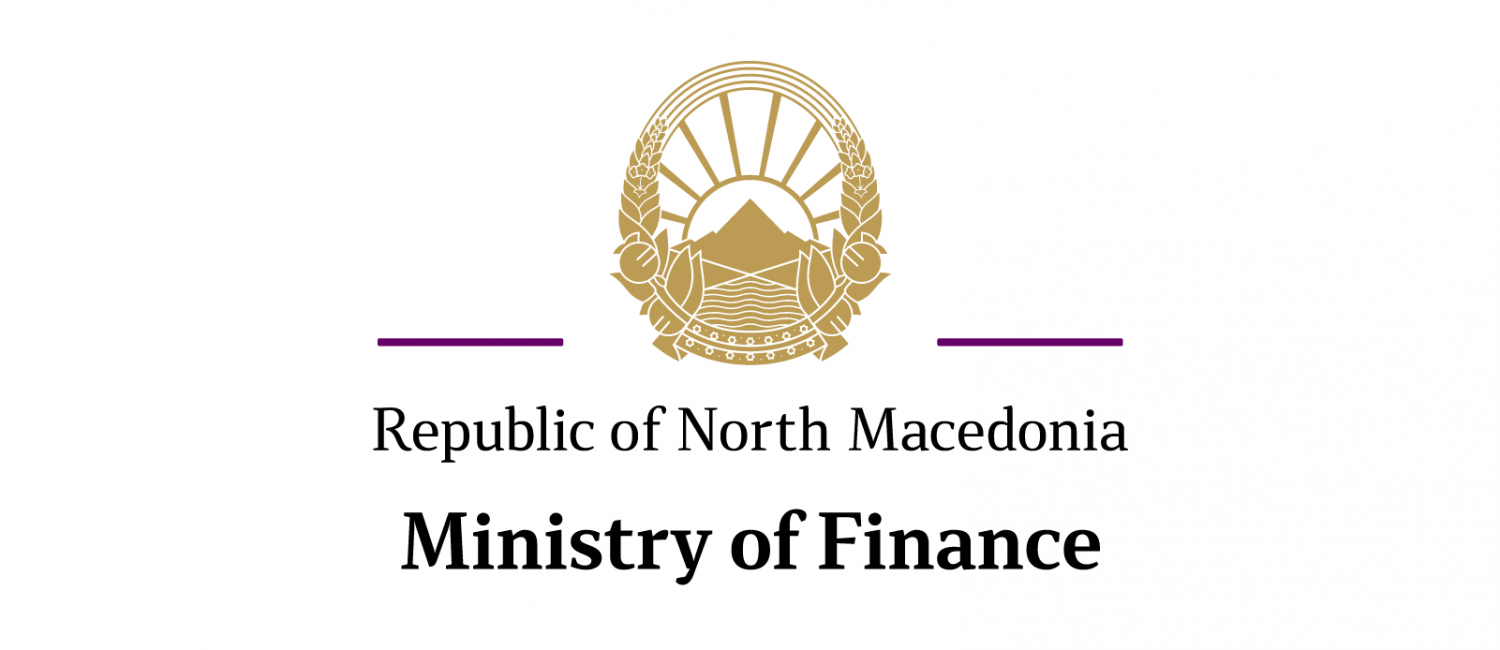29th January 2021, Skopje – Both public and general government debt experienced slight decline in the fourth quarter of 2020. At the end of 2020, general government debt amounted to 51%, being by 0.5 p.p. lower compared to the previous quarter, while public debt amounted to 59.9%, declining by 0.8 p.p. in relation to the previous quarter.
In absolute terms, general government debt decreased by EUR 57 million compared to the previous quarter, while public debt dropped by EUR 89 million compared to the third quarter.
Changes in debt stock are due to the repayments made in the last quarter on the basis of the 2015 Eurobond falling due, as well as the repayment of the short-term loan to the commercial banks disbursed at the beginning of last year.
Level of public and general government debt in the fourth quarter was lower in relation to the end-year projections, with general government debt declining by 0.2 p.p. and public debt dropping by 1 p.p. compared to the projections.
Minister of Finance, Fatmir Besimi, announced that budget consolidation will be gradual in the medium term, contributing to stabilization of the debt level on one hand and not constraining the economic growth on the other. To that end, it is projected for the budget deficit, i.e. the negative difference between budget revenues and expenditures, to gradually reduce. Hence, twice lower deficit is projected for 2021 compared to last year, accounting for -4.9% of GDP, with projections of -3.8% in 2022, -3.2% in 2023, -2.9% in 2024 and -2% in 2025, being below the Maastricht criterion of -3% of GDP. Due to the economic crisis induced by the pandemic, many EU Member States exceed this criterion, which is quite understandable, considering the need for strong government intervention and fiscal stimulus for the economies.
















